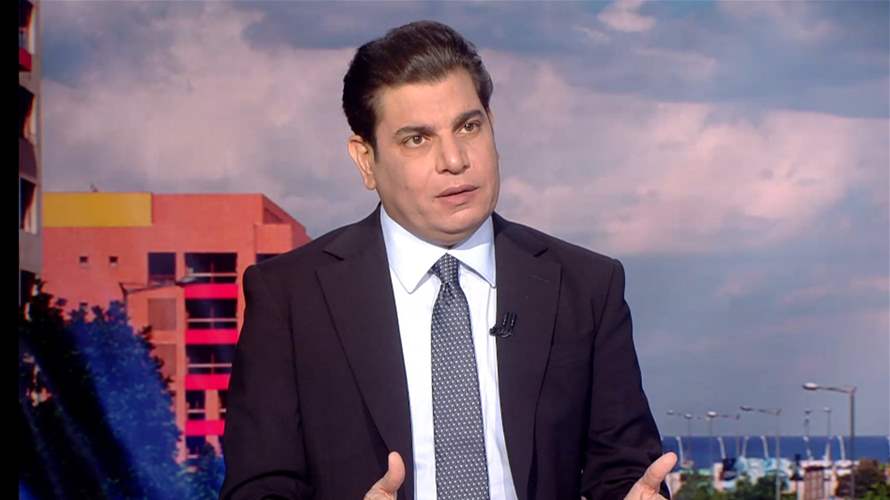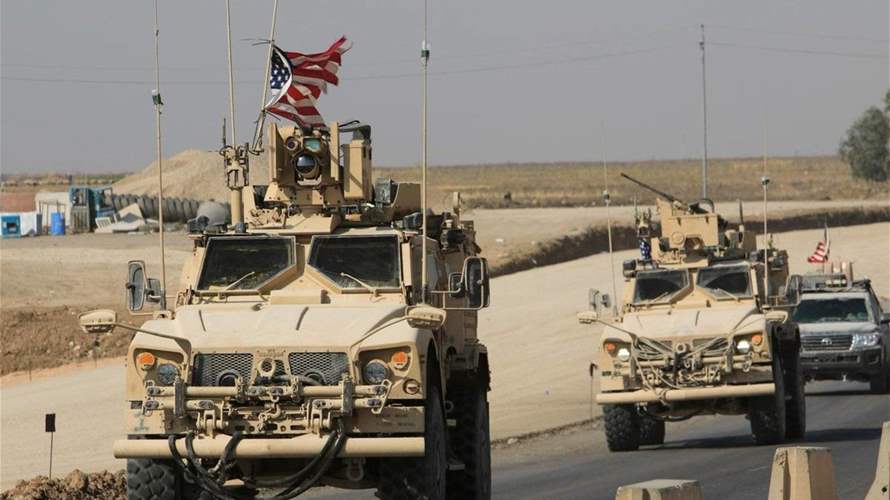




Recent developments in the ongoing conflict between Hezbollah and Israel indicate a strategic shift, as Salem Zahran, Director of the Media Focal Center, highlighted that Hezbollah's elite Radwan unit is not actively deployed in southern Lebanon but intervenes during critical moments. This approach allows Hezbollah to achieve political objectives through limited rocket strikes aimed at displacing settlers in northern Israel. Zahran emphasized that while the U.S. continues to support Israel with funding and weapons, Iran backs Hezbollah with financial resources and missiles. He suggested that there exists an implicit understanding between Iran and the U.S. to avoid direct involvement in the conflict, which has led to a complex geopolitical dynamic in the region [0f516cbc].
The situation has been further complicated by Israeli airstrikes that have resulted in civilian casualties, with reports indicating a death toll of 46 in Beirut's southern suburbs. The Israeli military claims to have targeted thousands of rocket launchers in Lebanon, escalating tensions and contributing to the cycle of violence [0f516cbc].
In a related context, tensions between Israel and Hezbollah have intensified, marked by a drone launched by Hezbollah that fell in the Israeli coastal city of Nahariya. This incident occurred amidst a barrage of rocket fire from Lebanon into northern Israel, prompting air raid sirens and forcing residents to seek shelter. The drone, which fell about seven kilometers from the Lebanese border, caused a fire but no injuries. Israel's military attempted to intercept the drone but was unsuccessful, leading to retaliatory strikes against Hezbollah targets [111d937a].
Additionally, a car bomb exploded in the Mazzah District of Damascus, killing one person and igniting three parked vehicles. This area is known for housing Iranian-backed figures and has been the site of previous attacks, highlighting ongoing instability in the region [6f28c4bb].
The situation remains precarious, with fears of a full-scale war looming as both sides engage in near-daily exchanges of fire. Iran has threatened an 'obliterating war' on Israel if Lebanon is subjected to a full-scale attack, indicating the potential for further escalation [0c737907].
Moreover, a recent drone attack in Syria wounded several U.S. and coalition personnel, raising concerns about the involvement of Iran-backed groups in the region. The attack resulted in minor injuries, including smoke inhalation and potential traumatic brain injuries, underscoring the ongoing volatility of the conflict [09c6230f].